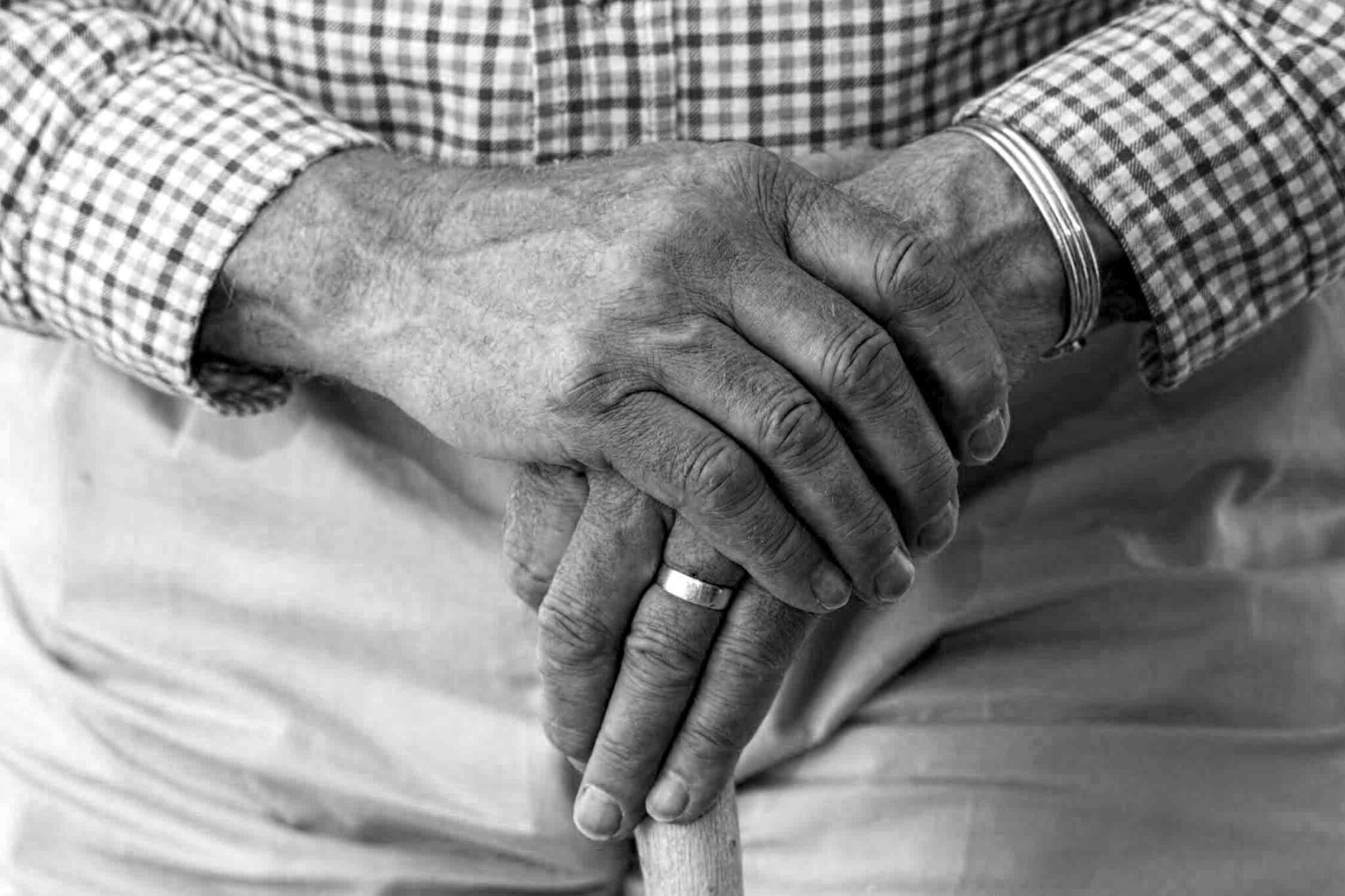A concerning number of elderly citizens in France are pushed towards euthanasia not by choice but due to the absence of available palliative care, a senior French bishop has claimed.
In an interview with Vatican Radio, Bishop Vincent Jordy, vice president of the French Episcopal Conference, highlighted the severe lack of palliative care access in France, noting that every second French citizen is deprived of this essential service.
He claimed that euthanasia is often portrayed as the ultimate freedom that individuals must fight to achieve. However, this narrative frequently overlooks the reality that many individuals and their families are being placed under such immense pressure due to the lack of social care available that they feel they have no other choice.
French bishops have actively engaged in the public debate concerning a proposal in the French presidential bill on end-of-life care. They have appointed four spokespeople to represent the Episcopal Conference in media discussions about euthanasia.
In 2005, France passed a law allowing for passive euthanasia, typically resulting in some elderly patients having life support withdrawn at their request. However, French President Emmanuel Macron has now introduced plans to legalize “aid in dying,” a move that will allow adults facing end-of-life illness to take lethal medication.
During a parliamentary committee hearing in late April, Bishop Jordy reminded lawmakers that the French National Ethics Council had advised the government to ensure universal access to palliative care before considering the legalization of euthanasia as a primary solution for end-of-life issues.
Bishop Jordy also pointed out the negative experiences of countries where euthanasia has been implemented, including Belgium, which initially had strict criteria for euthanasia but relaxed these standards over time to include minors and eventually children. “In Belgium, about one-third of euthanasia procedures are conducted secretly, despite the existing protocol, and the European Court of Human Rights has condemned Belgium for this lack of control,” said the bishop.
The vice president of the French Episcopal Conference also expressed concern about Canada, where increased promotion of euthanasia has corresponded with a noticeable decline in palliative care, turning what should be a choice into the only option available. “The more euthanasia is promoted, the more palliative care fades and gradually becomes a thing of the past,” he underlined.
Bishop Jordy stressed the need for vigilance, citing the worrying trends observed in both Canada and Belgium.
Moreover, the bishop criticized the tendency to ignore economic factors in discussions about euthanasia, emphasizing that these are openly acknowledged in Canada. He accused those who overlook these factors of denying the truth, underscoring the importance of recognizing the broader implications of such policies.





